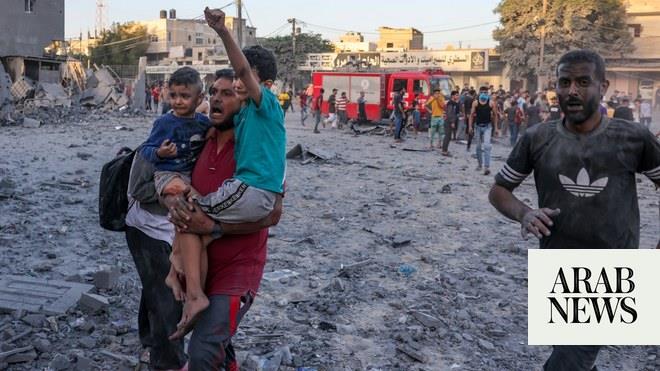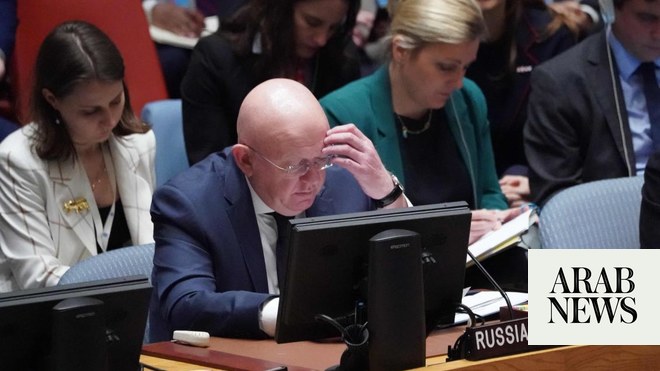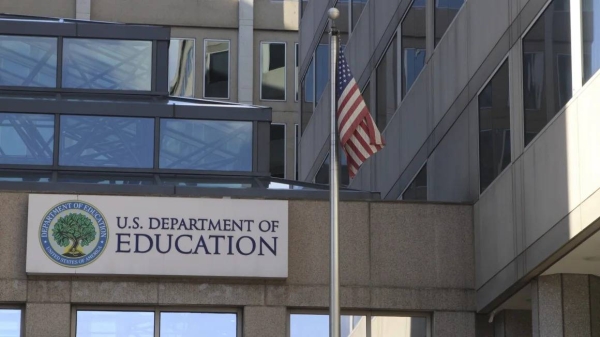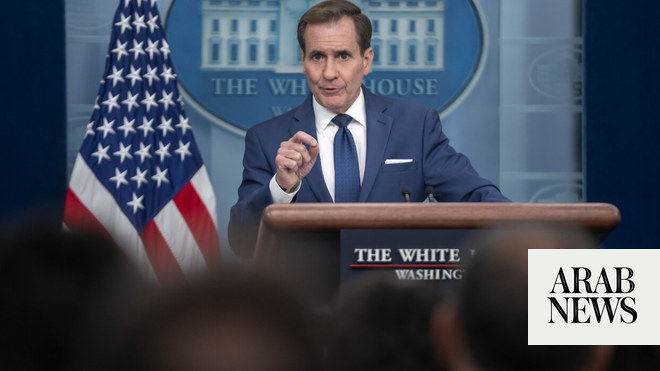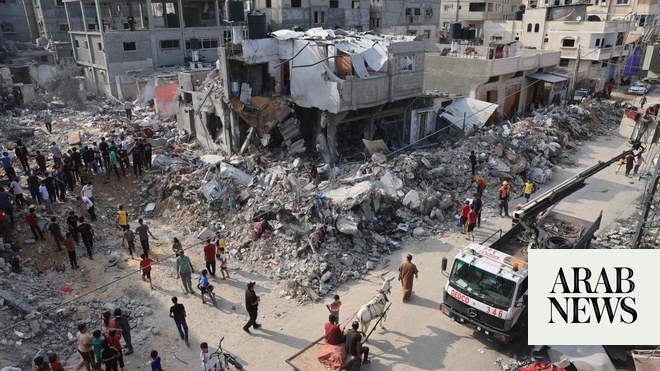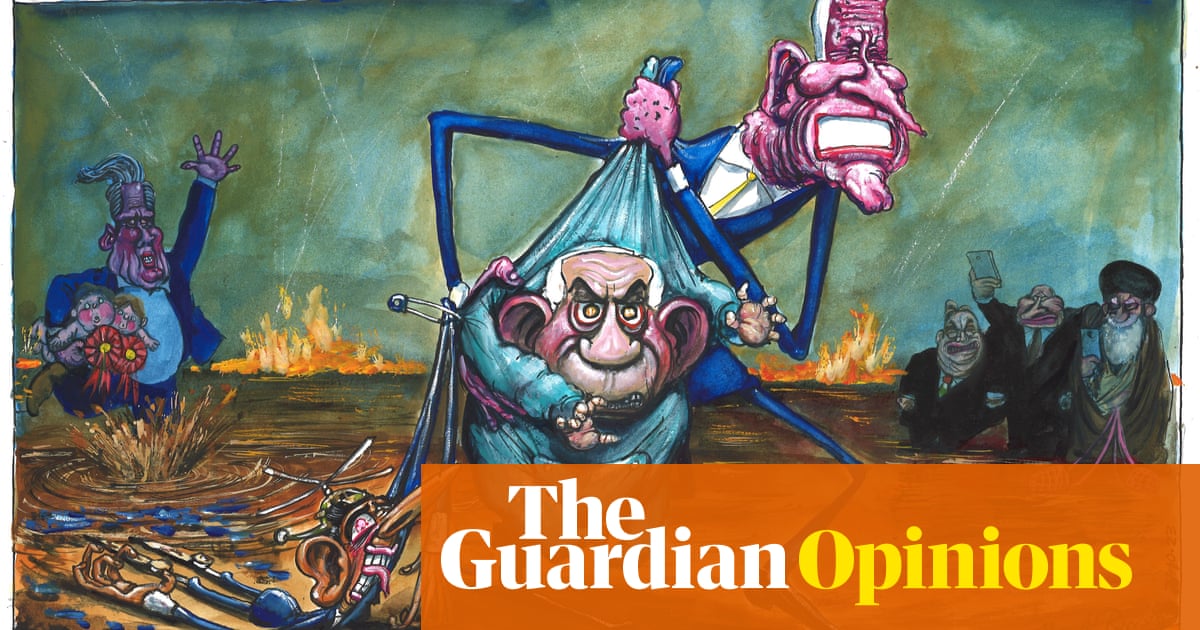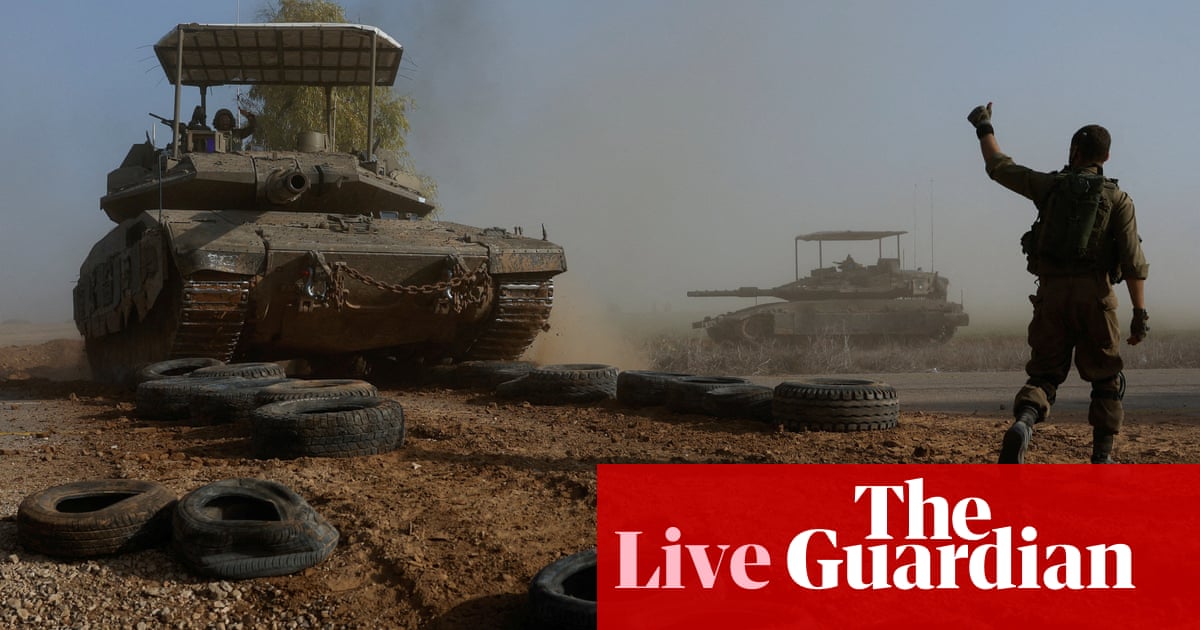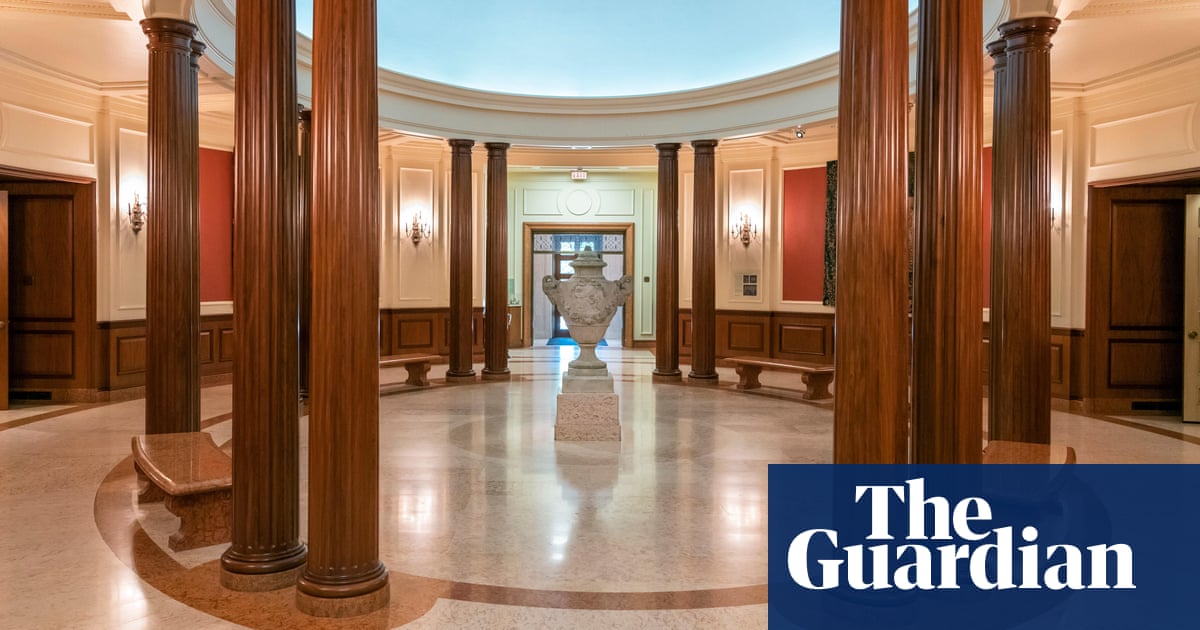
Officials at a Pittsburgh museum have promised to “repair our relationships with the Muslim community” amid criticism of its decision to postpone an Islamic art exhibition because of the Israel-Hamas war.
Staff at Frick Pittsburgh believed pressing ahead with its Treasured Ornament: 10 Centuries of Islamic Art exhibition, which had been scheduled to open Saturday, would be “insensitive” to the Jewish community and others, according to the museum’s director and internal emails reported by the Pittsburgh Tribune-Review.
But the postponement until August 2024 angered both Muslims and Jewish people locally, the newspaper reports, particularly because the museum cited only a scheduling conflict and not concerns over the war for its decision.
“The Frick is devastated to have hurt neighbors we deeply respect with our unclear communication about the postponement of this exhibition featuring ten centuries of Islamic art. We will work earnestly to repair our relationships with the Muslim community,” Frick said in a statement posted to its website.
Elizabeth Barker, director of Frick Pittsburgh, attempted to explain the rescheduling in comments to the Tribune. “When war broke out in the Middle East, we were as heartbroken as everyone, and we realized that we were about to open an exhibition that a forgiving person would call insensitive, but for many people, especially in our community, would be traumatic,” she said.
Internal discussions at the museum also referenced the conflict as a basis for delaying the exhibition. The Tribune said it reviewed an email Barker sent to staff on 11 October, four days after the Hamas attacks on Israel, fearing it would be “perceived differently”.
The traveling exhibition features ancient to modern glassware, ceramics, metalwork, painting and weaponry from numerous countries in the Middle East. Christine Mohamed, executive director of the Pittsburgh chapter of the Council on American-Islamic Relations (Cair), said the museum had effectively devalued the work of artists across an entire region.
“The decision to postpone the exhibition under the pretext of potential harm to the Jewish community perpetuates the harmful stereotype that Muslims or Islamic art are synonymous with terrorism or antisemitism,” she said in a statement.
“This false perspective not only disregards the vast and diverse Islamic world that extends far beyond the Middle East but also undermines the essence of cultural diversity and appreciation that art represents.
“It’s disheartening to witness such insensitivity when blanket statements are made about an entire religion, particularly when they have the potential to incite harm in the Pittsburgh Muslim community.”
The controversy has also created tension in the Jewish community, one week after the fifth anniversary of the murder of 11 people in a mass shooting by a white supremacist at Pittsburgh’s Tree of Life synagogue. The killer this week appealed his death sentence.
Adam Hertzman of the Jewish Federation of Greater Pittsburgh said the museum should not have linked its wrangling over the art show to events in Gaza.
“As with any community, some people will go see the exhibit and some people won’t. But I don’t think anyone connects it even remotely to what’s going on in the Middle East,” he told the Washington Post. “Just in general, we know that blaming any religious group for the actions of a terrorist organization or a foreign government is an incident of bias.”
Hertzman said the Jewish community would welcome the exhibition, adding: “It’s great to see celebrations of religious culture of all kinds.”
Frick said it would use the time between now and the exhibition’s rescheduled opening date next summer to work on rebuilding community trust.
“As we looked more deeply at the show, we became concerned by the light historical context and our lack of engagement with the regional Muslim community. We know that great exhibitions require deep and meaningful community partnerships,” its statement said.
“With the additional time to prepare for the exhibition interpretation and educational programs, we hope to engage a broad range of community partners.”




